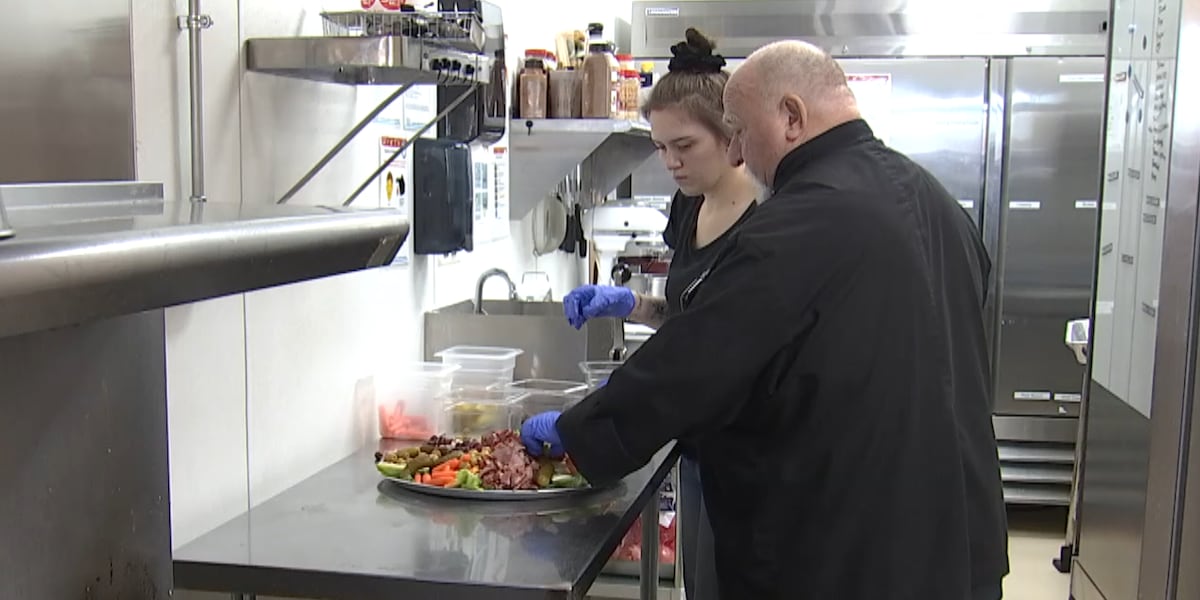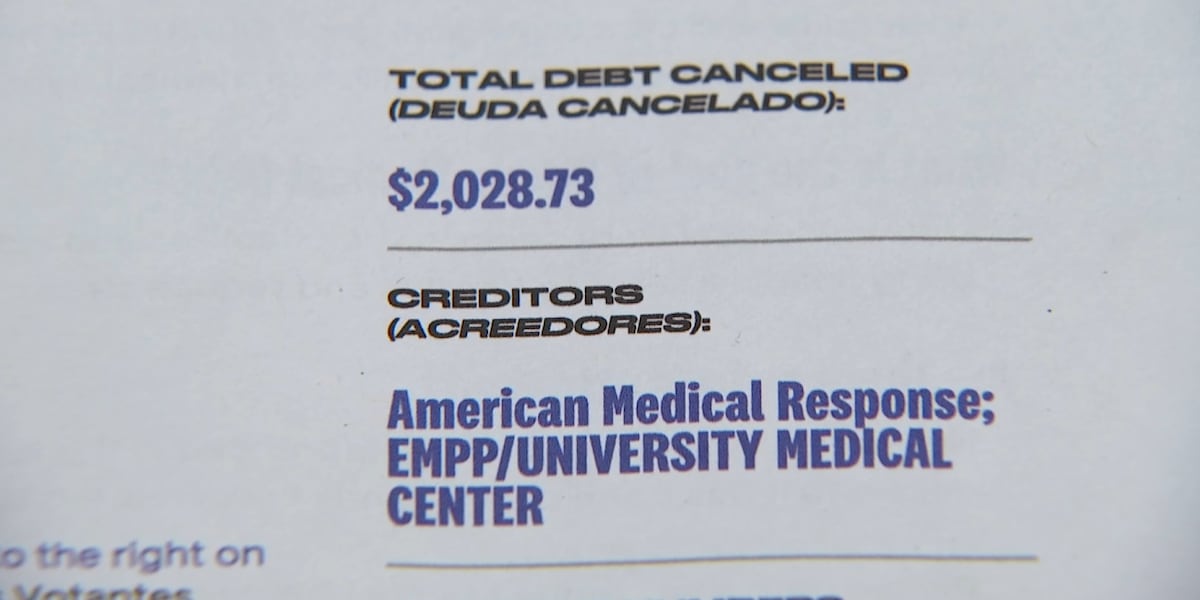
LAS VEGAS, Nev. (FOX5) – Misinformation about birth control continues to be shared across multiple popular social media platforms, researchers at UNLV have found.
A new study published by a group of UNLV healthcare professionals details how this could be dangerous for women’s reproductive care.
“It is more challenging for practitioners because you might have patients come in with misinformation so you have to address those concerns,” Dr. Nadia Gomez, an Obstetrician Gynecologist with the Kirk Kerkorian School of Medicine at UNLV said.
Gomez is part of the research group that conducted the study, which involved analyzing more than 500 TikTok videos related to birth control.
“The majority of videos over 60% were deemed educational videos but that did not necessarily mean that they were from a healthcare professional provider,” Maggie Sanders, a third-year medical student at UNLV said.
The study revealed that videos from healthcare providers had much lower engagement.
“The creators themselves were fairly younger, young adults mostly, was personal testimony, I believe that makes it more geared toward young people,” Sanders said.
Adolescents and young people may be turning to social media for reproductive health information for several reasons including access to information and care, or mistrust of healthcare professionals, according to the study.
The most common topic discussed was the effects of birth control. The study found the videos overall contained poor-quality information.
“It is not individualized care, so healthcare, every person is different,” Dr. Gomez said.
She recommends talking to your doctor or consulting reliable websites such as the Centers for Disease Control and Prevention or the FDA for birth control information.
“In medicine, everyone has to be careful to where they get that information, has to be accurate, has to be personalized,” she added.
Copyright 2024 KVVU. All rights reserved.




